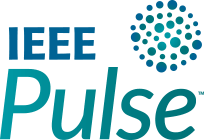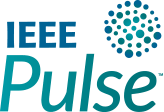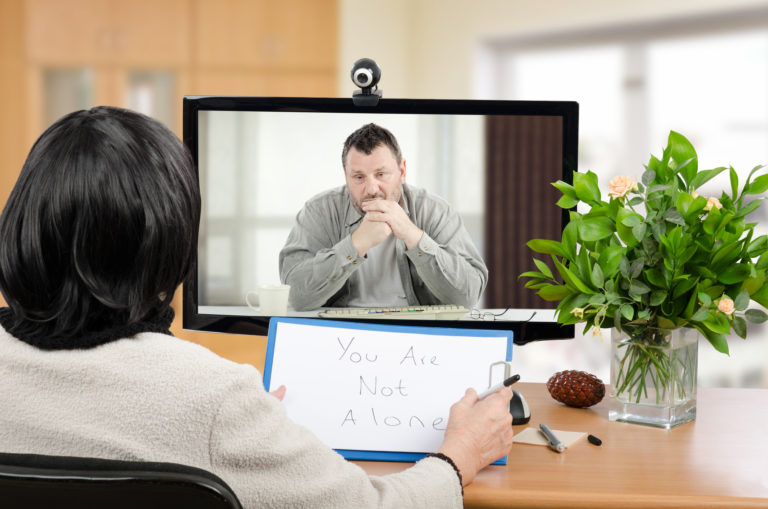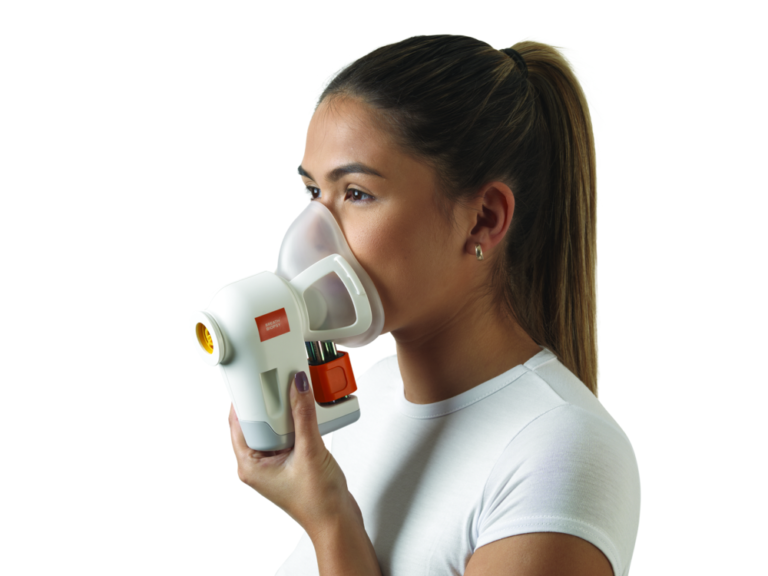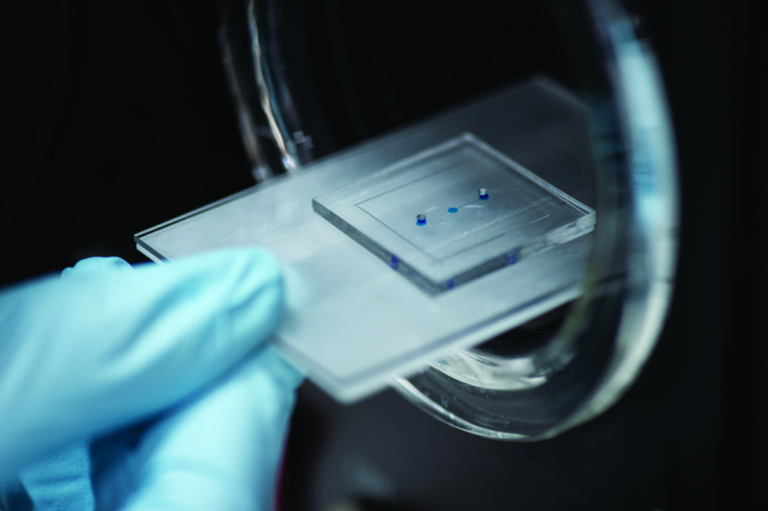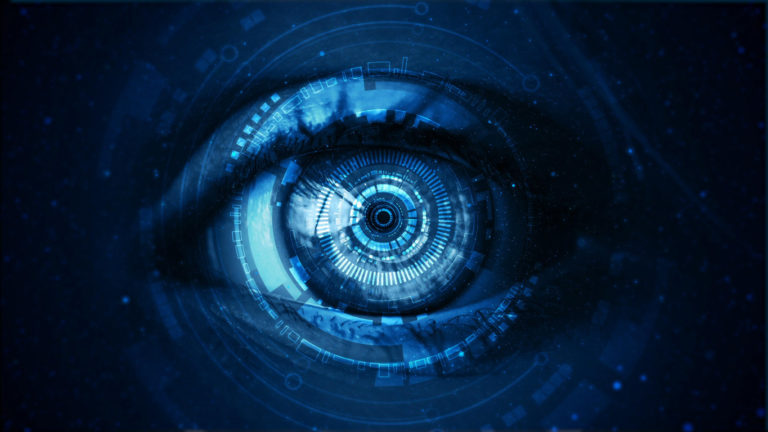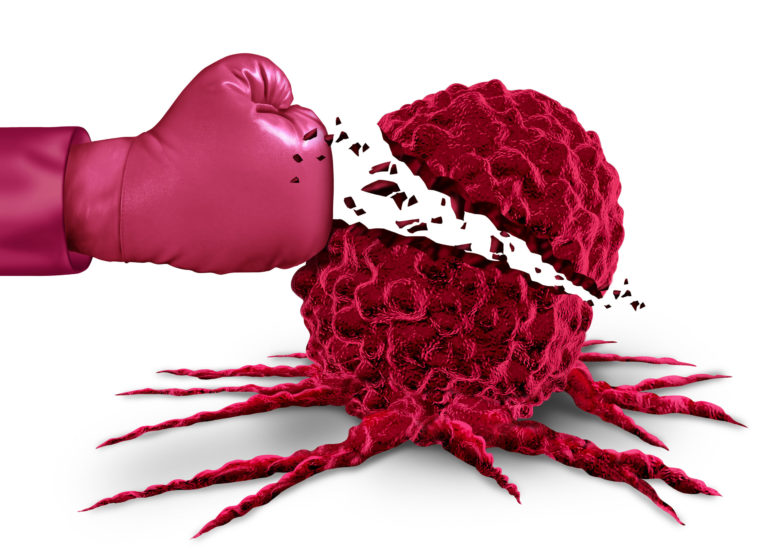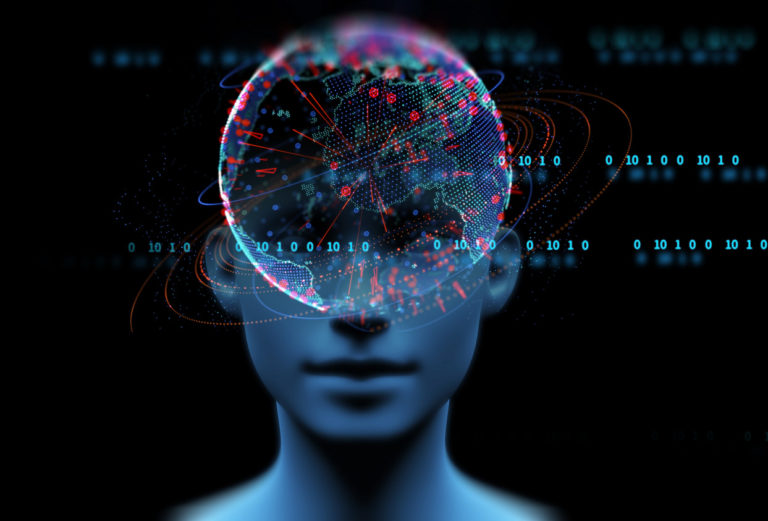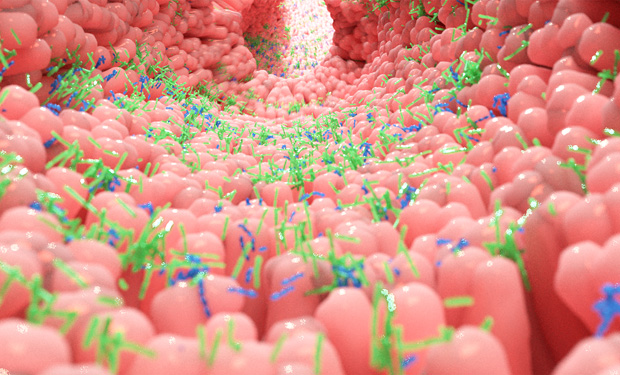COVID-19 Is Straining Mental Health—Could Technology Be the Answer?
https://www.embs.org/pulse/wp-content/uploads/sites/13/2020/08/Allen_mental_health.jpg
2127
1409
IEEE Pulse
//www.embs.org/pulse/wp-content/uploads/sites/13/2024/03/ieee-pulse-logo-dsktp2x.png
One of the most pernicious side effects of the COVID-19 pandemic is a steep rise in stress and mental health problems. According to a poll by the Kaiser Family Foundation, nearly half of American adults say that worry and stress about the pandemic is hurting their mental health. There are plenty of factors feeding into this phenomenon.
read more
